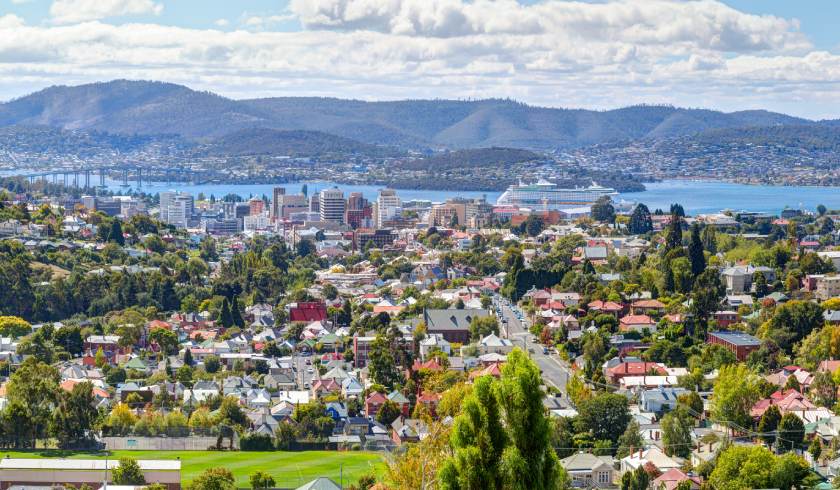Be wary of suburbs that have grown too much

In a recent video, “5 Mistakes New Investors Make In A Booming Property Market”, the managing director of Consulting by PK, PK Gupta, issued a warning that buying into already popular suburbs isn’t the best investment strategy.
“What you are doing is putting yourself at massive risk because there is no suburb in Australia that continuously rises, year after year, month after month, in a linear fashion.”
To back up his point, Mr Gupta highlighted the relevance of the “regression to the mean”.
“Over the long-term, property prices [in suburbs] rise at about 6 to 7 per cent per annum.”
He argues that if you’re buying in a suburb that has risen by 40 per cent in the last year or 18 months, or even two years, “the future is going to be worse than the past”.
“If you’re buying in a suburb that’s grown huge, not only are you not buying at the bottom of the market, but you’re telling yourself: ‘I’m purposely accepting potential underperformance in the future.’”
According to the property consultant, “past growth is not a predictor of future growth”.
Instead, when looking at locations as potential investment opportunities, Mr Gupta said, “we want to be buying suburbs that have underperformed in the past”. “You need to still find the suburbs that are, relatively speaking, at the bottom of the market.”
But – he is also quick to point out that this cannot be the only indicator on which an investor relies, such as demand versus supply, given that “just because they’ve underperformed in the past doesn’t mean they’ll outperform in the future”.
Case study
According to Mr Gupta, Tasmania is a great example of a region that will not offer the best returns for future investors.
“It’s a huge risk to buy in Tasmania now because almost everywhere has gone up between 50 and 100 per cent.”
Prior to the last four to five years, it “did nothing” and now, it’s done “terrifically well”.
The downside is that “the regression to the mean theory tells us it’s unlikely that Tasmania will continue to grow at double digits for the next few years”.
